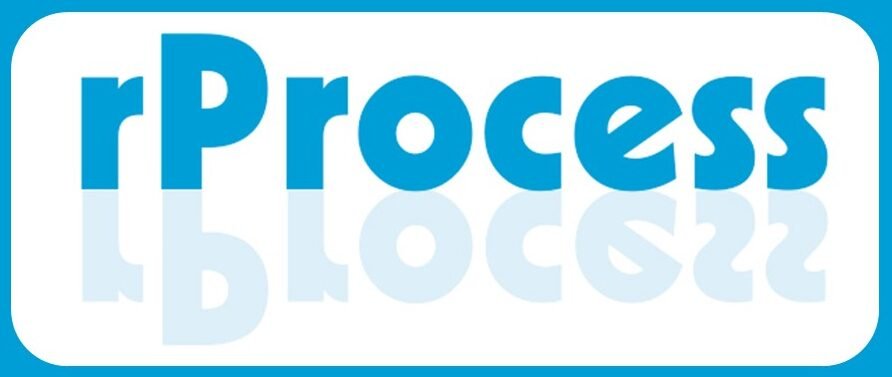Step No 1: Concept building + Basic knowledge Building
Concepts/Basics are most important for this field. If you are from Electronics background or From Computer Background, then you should have in-depth understanding of the following topics. Note: Few topics are not required for CS students and same for Electronics students.
- CMOS Design + functionality + characteristics (Electronic –Must have, CS – Good to have)
- Still in several colleges BJT taught in detail and only a small unit regarding the CMOS, so if that’s the case, please pick few good books for basic understanding of CMOS + read different articles from Internet.
- CMOS design
- Different CMOS capacitance + Resistance Concepts
- Stick diagram
- Fabrication process
- Flip-flops (Electronics – Must Have , CS – Should Have)
- Flips-flops are part of Digital Design in the B.E but these are basic building blocks of any VLSI design. So we have to be through about this topic.
- Functionality of Edge and Level Triggered Flip-flop/Latches
- Timing Concepts in case of Flip-flops + Sequential Circuits (Electronic –Must have, CS – Good to have)
- Setup/Hold/Recovery/Removal concepts
- Different Clock related concepts
- Slew
- Combinational Circuits Concepts: (Electronics + CS – Must have)
- Delay Concepts (Different type of Delays)
- Propagation Delay /Transition Delay
- Cell Delay /Net Delay/Stage Delay etc
- Building different Combinational circuits using different type of GATES
- Delay Concepts (Different type of Delays)
- Programming / Scripting Knowledge (Electronics – Good to have, CS – Must have)
- VHDL/Verilog
- These are 2 of the few known languages. Knowledge of these can help you in front-end side of VLSI domain.
- But these are not necessary but it can be an added advantage.
- Perl/TCL scripting
- These are scripting languages which is very popular in the semiconductor industry.
- They offer an added advantage.
- UNIX based different scripting knowledge.
- Like SH, BASH etc, always help you.
- VHDL/Verilog
- C/C++ programming (Electronics – Good to have, CS – Must have)
- This will help you to enter into the field of EDA tool development. Few people do not consider this to be part of VLSI design industry. However we should not separate EDA from VLSI.
- C/C++ programming along with good understanding in digital domain is very good combination from skill point of view
Step No 2: Short Term Courses / Certification During or After the Engineering Degree
It is very well know way in the Software field. During the study, students learn different programming languages and complete few of the short term courses for increasing their knowledge which is not present or briefly covered in the college curriculum. Same pattern can be applied for the semiconductor field.
If you are looking for something while studying, then maybe you should not worry about the certification only. Knowledge speaks more than certificates. Certificates may help you during the screening of your profile (Note: Even this is not necessary) but knowledge is something which can help you to crack any interview or written test. So if you can get the knowledge somehow from your senior’s experience, books & internet, it is the cheapest & effective way. However this is not easy to get & hence certification is the best way to gain knowledge.
If you have time and money, you can join a good training institute. Usually most of the institutes offer a certificate course of full time 6-8 months and for that they usually conduct entrance exams. These institutes also assist in the placements in different companies.
Step No 3: Master Degree from Reputed College/Universities
I am considering/assuming that candidates already have an Engineering Degree and they have tried STEP no 1 and 2 (partially). (Note: You can try this option even before trying for 1st and 2nd option but my recommendation is to follow mentioned sequence).
You can go for VLSI specialized MS/Mtech program. Different Universities are offering such courses, so candidate can try for that also.
Again, during the Master degree, you have to build your concepts and now you have to learn VLSI design flow. Work on the different EDA tools +VLSI concepts. Few of them are
- EDA tools:
- Frontend Tools + Language: Verilog/VHDL, HSPICE, Netlist Simulator, Design Compiler
- Backend Tools: Synopsys (ICC, Primetime , Star RCXT), Cadence (Encounter, QRC), Mentor (Caliber)
- VLSI concepts:
- RTL synthesis
- Layout, Routing , Timing , CTS, Placement
If you are doing any specialized master program then you have to make sure that either your internship or final semester project should be related to VLSI design where you design a particular circuit from scratch. It will be your main project which can play an important role in your interview. It will be counted as your experience and everyone is going to ask the challenges and learning during this project. So it should be real and
worth for the master’s program.
Step No 4: Internship / Project Trainee.
It’s not required that you always look for full time jobs especially in this field. Several companies hire candidates as “Intern/Project Trainee” for 6 month / 1 year to evaluate the candidate’s skills and his/her problem solving skills. I would say that’s the best way to show them your worth!
Even if they will not convert you into full time employee, the experience you gain on the live project (which you will handle during your internship), will help you in other company’s interview.
Step No 5: Keep Trying and Have Patience.
I am not writing too much in this section because it’s self explanatory.
Final “Key Words” from the Author:
Sometime, even after following above mentioned steps, students may not get entry into the VLSI field. I would say “no need of worry”. Always try to figure out the reason of failure in each step and try to improve them and make them your strength. I never come across any person, who has knowledge + brand + passion + dedication + focus and still out of his/her dream field. As per my understanding below are the % distributions of failure.
- 50% of the time – They (candidates) are lacking in the basics and fundamentals,
- 30% of time – They don’t have favorable attitude ( usually judged by their seriousness in their different projects + past experiences + their passion + dedication)
- 10% of time – Not having known brand name (College / Universities name).
- 10% of time – “Give Up” because of struggle/challenges you are facing.
- I am not saying it’s very easy to enter in this field but believe me it’s not difficult also. Just follow above steps (where the first step is more important) and keep trying and have patience.
Best of Luck for everyone’s bright future…

